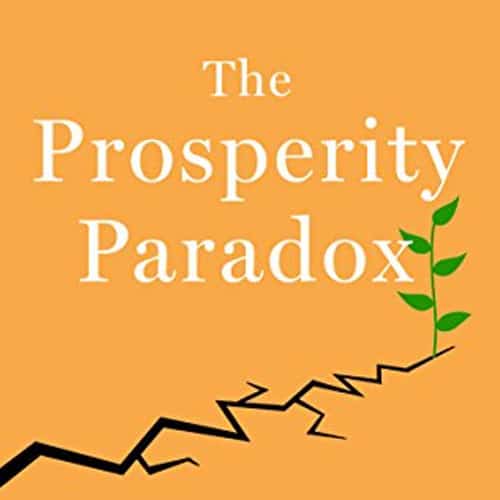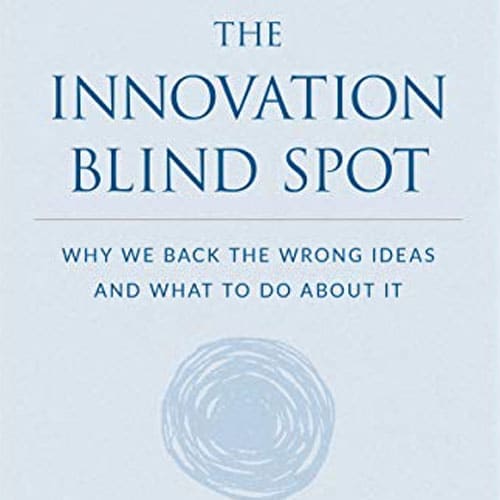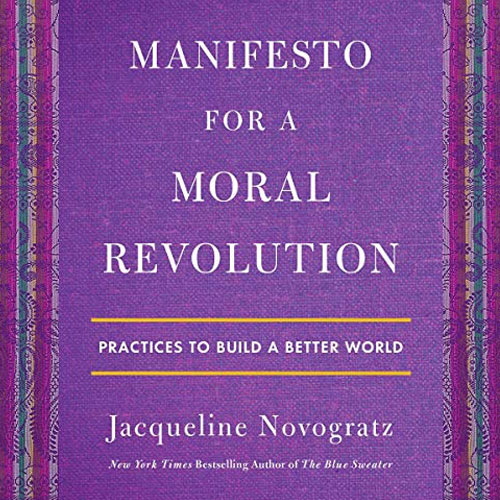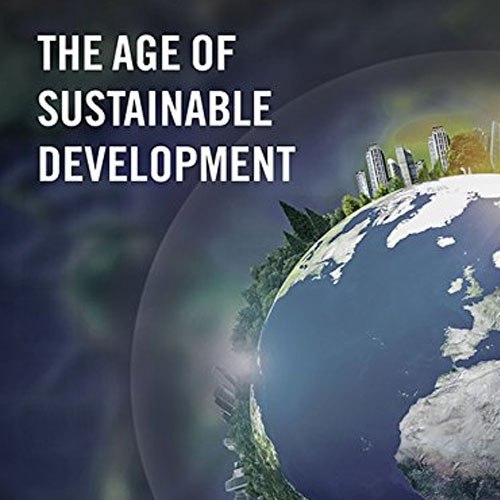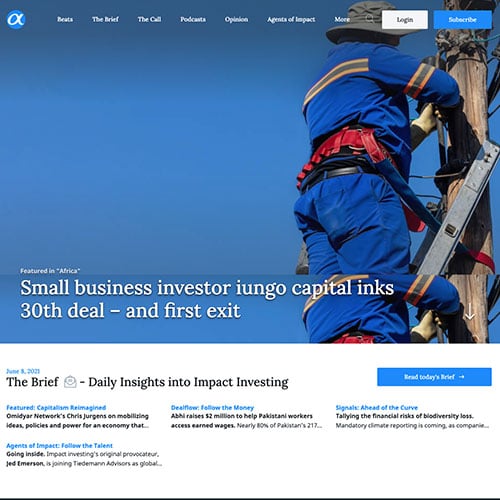Define your Startup's Social Impact
Governments, corporates, non-profit organizations and citizen groups collectively agreed on a vision for the world for 2030 and outlined it in the U.N. Sustainable Development Goals (SDGs).
These goals present a tremendous opportunity for the private sector with a projected $12 trillion revenue in 2030, according to the Business and Sustainable Development Commission. 👩🏽⚕️ 🥗 📚 💰 🌳
Several business leaders have prioritized strong Environmental, Social and Governance (ESG) standards in order to maximize financial returns.
Paul Polman, Ex-CEO of Unilever, has said "The SDGs offer the greatest economic opportunity of a lifetime". According to Larry Fink, CEO of BlackRock, the world's largest asset manager, "To prosper over time, every company must not only deliver financial performance, but also show how it makes a positive contribution to society.” The Business Roundtable with nearly 200 CEOs of America’s largest companies (including Apple, Pepsi and Walmart), in 2019 issued a new purpose statement: “While each of our individual companies serves its own corporate purpose, we share a fundamental commitment to all of our stakeholders”.
In the venture capital space, Kapor Capital has demonstrated that one can achieve top financial returns along with social impact. Kapor Capital achieved a 29% IRR or 3x return between 2011 and 2017, putting it in the top performance quartile for VC funds of a similar vintage and size. The portfolio of 102 companies, led by over 50% women and people of color, that focused on addressing social impact outperformed peer funds who sought to solely pursue profit.
Theory of Change
Let's develop your Theory of Change with clear impact metrics to bring different stakeholders to the same understanding of your business impact. 📝
The Theory of Change is a communication asset used to bring different stakeholders to the same understanding of the business' impact by explaining: Activities -> Outputs -> Outcomes -> Impact
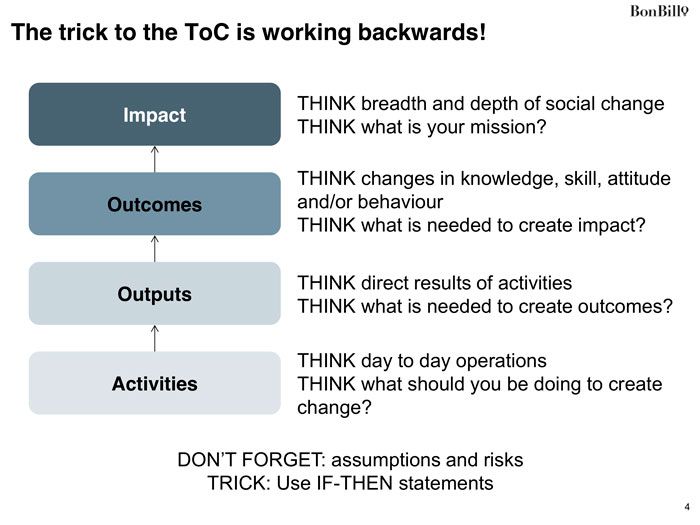
Check out our highlights on 'What is your social impact?' by Yaquta Fatehi, Program Manager at William Davidson Institute at The University of Michigan.
Yaquta Fatehi, Program Manager at William Davidson Institute at The University of Michigan, introduces Impact Measurement to startup teams.
Yaquta Fatehi, Program Manager at William Davidson Institute at The University of Michigan, discusses 'Theory of Change' to help startup teams articulate their social impact.
Yaquta Fatehi, Program Manager at William Davidson Institute at The University of Michigan, discusses Gap's Women & Water Program as a 'Theory of Change' example.
Yaquta Fatehi believes founders benefit by measuring progress towards their social impact goals, sharing their impact with investors, and sharing learnings with other mission-driven entrepreneurs.
Yaquta advises taking into account the following questions and then right sizing impact data collection based on resources available:
What data do you need to help identify gaps and opportunities? Have you considered intersectionality? When will you use the data?
Yaquta explains that day-to-day operational activities leads to outputs, which in turn leads to outcomes reflected by a change in skills, behavior, attitude or knowledge, which over time leads to impact. Since it can be very expensive to collect outcome data, startups can also use outputs as good proxies for impact based on existing development literature.
Yaquta describes the iterative process of developing your theory of change, identifying impact indicators, deciding how to collect data, identifying tools needed for data collection (surveys etc.), analyzing the data to gain insights and then applying those insights to improve the business strategy and operations.
Yaquta Fatehi and Suraj Kripalani, Co-Founder and CEO of BonBillo, help teams identify which U.N. Sustainable Development Goals their startup contributes towards, and their top 2-3 impact metrics showcasing their contribution.

